Research and Policy Media Relations Manager
Gavin draws on more than 25 years of experience in communicating about science, medicine and health policy. She focuses mainly on the health services research done by members of the U-M Institute for Healthcare Policy and Innovation, who work to understand and improve the safety, quality, equity and affordability of health care. As part of the Michigan Medicine communication team, she has lead responsibility for primary care and mental health topics. Contact: [email protected]; Twitter: @Karag


Health Lab
A PCR-based approach to a frontier of the human genome could speed discovery in chromosome-based diseases and birth defects.
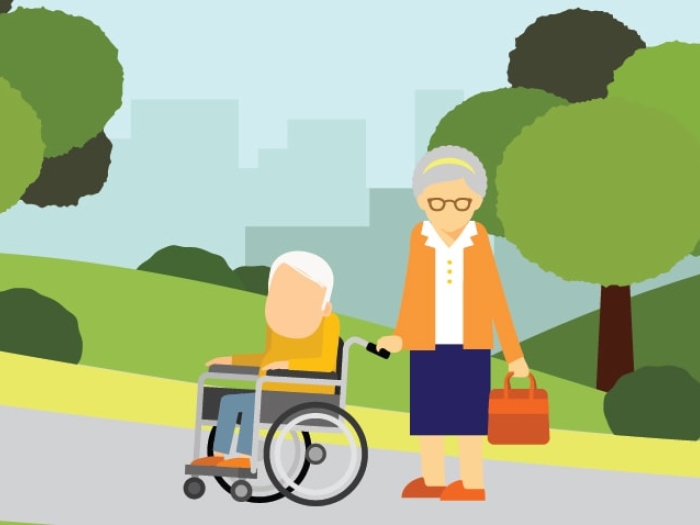
Health Lab
Help is available to manage the stress of caregiving. A leader of the U-M poll that recently surveyed dementia caregivers shares some of the top places to turn.

Health Lab
Helpful forms of E. coli may trigger steps that keep infections out, new experiments in dish-grown gut organoids show.

Health Lab
Dozens of hospitals across Michigan have teamed up to improve surgical care, saving lives and dollars. Now, the leaders propose ways to take the model national.
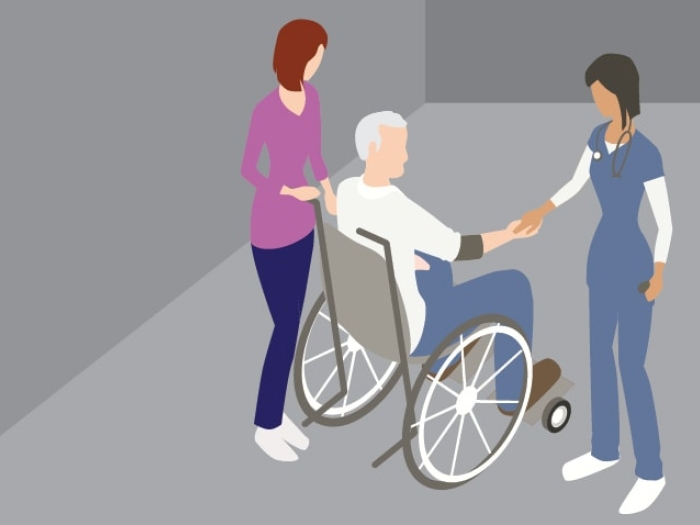
Health Lab
Despite demands that impact their own lives and health, only 1 in 4 caregivers use support resources meant for them.

Health Lab
By harnessing massive amounts of data on activity within and between snippets of DNA, researchers aim to one day reprogram both healthy and diseased cells.

Health Lab
The movement to reduce overtesting and overtreatment is blossoming, but much more work is needed to cut back on low-value care.

Health Lab
Using the medication-assisted treatment (MAT) approach, primary care doctors and teams can help patients with opioid addiction, how to prevent it.
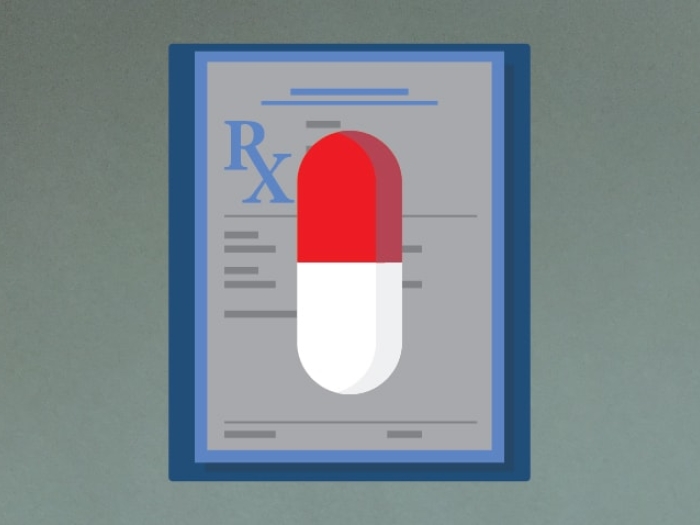
Health Lab
A free guide to opioid prescribing recommendations for surgery created by surgeons to address post surgery pain medications and opioids.

Health Lab
Proven sleeping habits that can help older people foster healthy sleep without relying on medicines or supplements, which pose real risks as people get older

Health Lab
Americans nearing retirement face double trouble: more disability and cognitive issues than their elders had at this age and a longer wait to collect Social Security.

Health Lab
A new national poll finds that many people 65 and older take prescription sleep aids — even though guidelines warn against it. What the findings mean for patients and providers.

Health Lab
A discovery in hormone-producing cells could lead to a better understanding of diseases related to misfolded proteins.
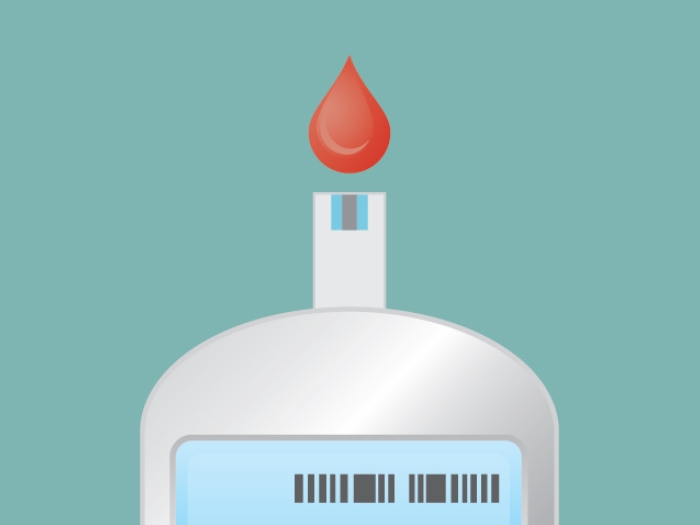
Health Lab
Read the latest results from a new study on diabetes treatment which found that many older adults with diabetes are dangerously overtreated.
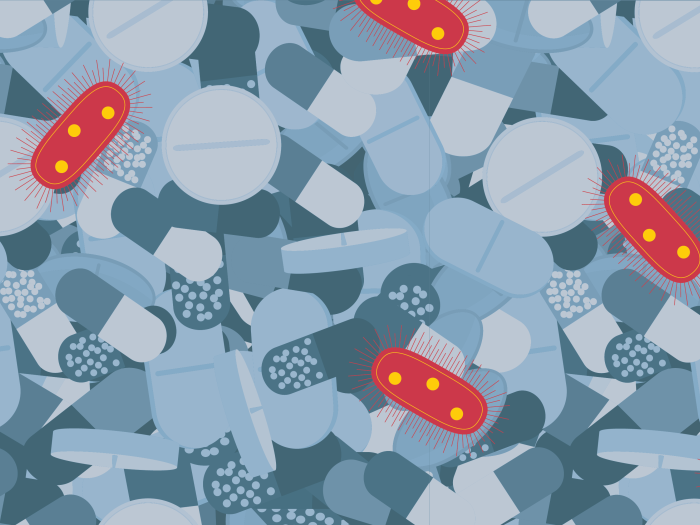
Health Lab
A new understanding of the interaction among multidrug-resistant bacteria, and how antibiotics affect them, could lead to better infection prevention.